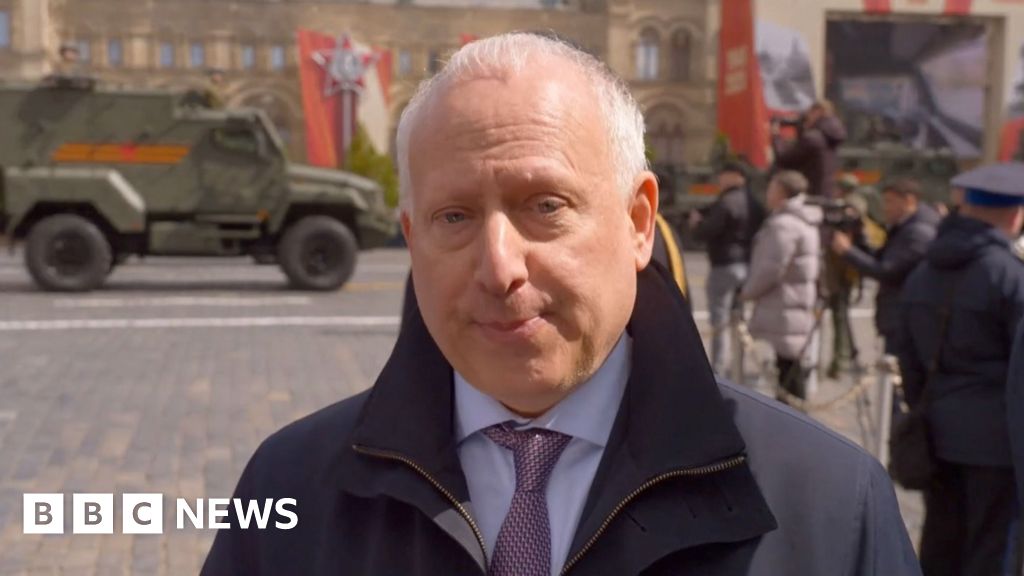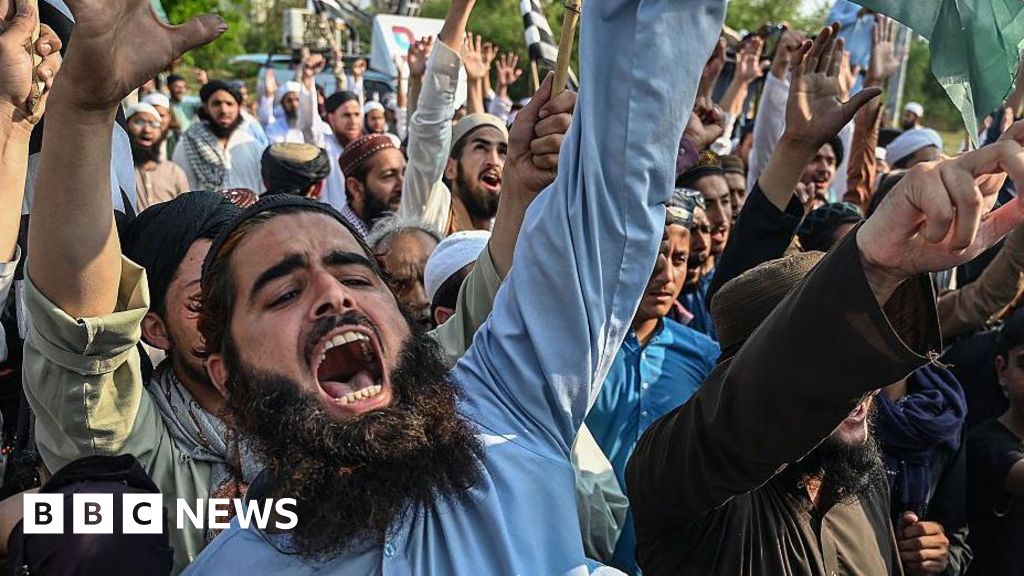ARTICLE AD BOX
Image source, AFP via Getty Images
Image caption,Graffiti on Memorial's Moscow office reads "A Foreign Agent" in 2013
Russian prosecutors have filed a lawsuit to liquidate the country's most prominent human rights group, Memorial.
The group said it had been notified by the Supreme Court that prosecutors had demanded it be shut down over violations of a law on foreign agents.
The group said the move was politically motivated and without legal basis.
Memorial is Russia's oldest civil rights group and was established in the late 1980s by dissidents including famed physicist Andrei Sakharov.
The case will be heard on 25 November.
It comes amid a wider crackdown on independent and dissenting voices in Russia.
Memorial joins a growing list of investigative news outlets, journalists and rights organisations to have been labelled a foreign agent this year.
"We're in shock. On the other hand, this isn't surprising... In recent years such wild things have been happening in Russia that this doesn't really elicit amazement," Oleg Orlov, a Memorial board member, told Reuters news agency.
"This is obviously a political decision that has come down from somewhere above to liquidate us. And this is a blow to all of civil society and a really serious alarm bell for it."
The Kremlin says the foreign agent law is justified because Russians have the right to know when rights groups and media outlets are receiving foreign funding to carry out what it says is political activity.
Memorial's future has been in jeopardy before.
In 2014, the justice ministry called for it to be "liquidated" due to the way its branches were registered.
A year later, the group was placed on an official list of "foreign agents". Its offices have been attacked on numerous occasions across the country.
Set up towards the end of the Soviet era, Memorial documents the repressions of Soviet totalitarianism, and commemorates its victims.
But it also speaks out about current human rights abuses, and has criticised the government on topics such as the Russian-backed conflict in Ukraine and Russia's growing list of political prisoners.
"Liquidating us won't mean that everything will stop," Mr Orlov said.
"We'll work from our apartments until they jail us all. But of course, our work will really become much, much harder."
You may be interested in watching:
The BBC's Sarah Rainsford on Russia, repression and being expelled from the country

 3 years ago
128
3 years ago
128








 English (US) ·
English (US) ·